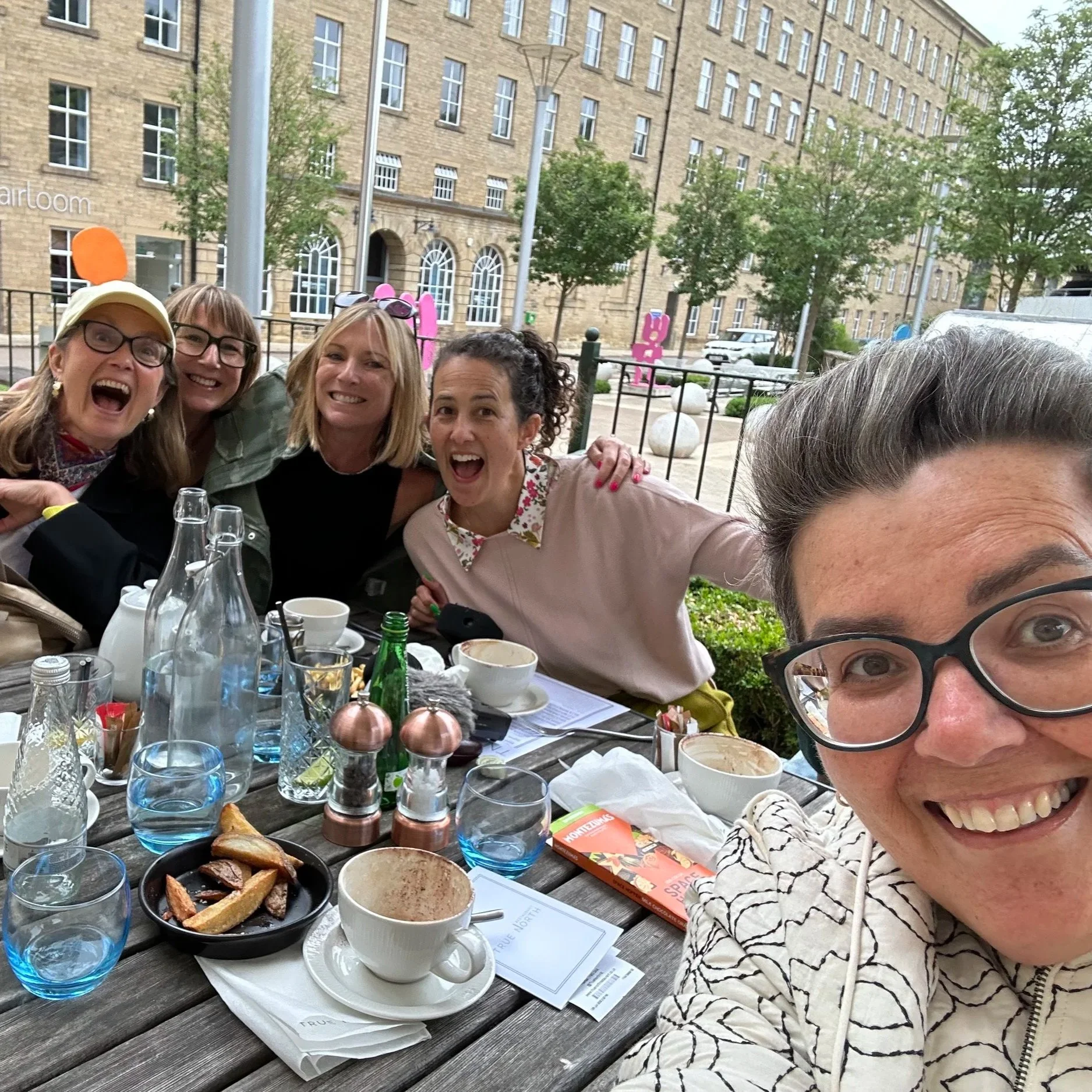Mental Health & Wellbeing
The emotional impact of lung cancer is real, common, and treatable. You deserve care for your mind as well as your body.
Lung cancer can take a toll on your mind, not just your body. Feeling low, anxious, overwhelmed or stuck doesn’t mean you’re doing anything wrong - it’s a natural reaction to an incredibly difficult situation.
In Lung Cancer Europe’s 10th Report (Lung Cancer and Mental Health), over 2,200 people from 31 countries shared their experiences.*
64% said their mental health had been affected by lung cancer
1 in 3 received no psychological support at all
Many caregivers also felt emotionally drained and unsupported
These numbers highlight what many living with lung cancer already know: lung cancer doesn’t just impact physical health, it can shake your confidence, your relationships, and your ability to cope.
You don’t have to go through this alone. Whether it’s talking to someone, joining a support group, trying medication, or finding other ways to cope help is out there.
Mental health support isn’t a luxury. It’s care you need and deserve.
* This year marks the 10th annual report from Lung Cancer Europe - a decade of gathering lived experience, uncovering the often‑hidden challenges of lung cancer, and amplifying what people really go through. The 10th Report draws on over 2,200 responses from 31 countries, making it the largest global survey to date on lung cancer and mental health.
How lung cancer affects your mental health
Types of Mental Health Support
Maria (front) with friends from the lung cancer community. For her, connection, volunteering, and staying active are vital lifelines - “therapy” that helps her cope with the emotional ups and downs.
Psychological Therapy (Talking Therapy)
Cognitive Behavioural Therapy (CBT) and mindfulness-based approaches can help reduce anxiety, depression, and feelings of hopelessness in people with lung cancer. CBT focuses on identifying and changing unhelpful thought patterns. Mindfulness helps you stay grounded and less caught up in fear about the future.
Many cancer centres across Europe now offer access to psychological support. Some also run group sessions where you can talk with others who understand what you're going through.
Support Groups and Peer Support
Talking to others who have had similar experiences can ease the sense of isolation. Support groups, whether in person or online, offer a safe space to share, listen and learn from each other.
Research across Europe shows that social connection makes a real difference to mental wellbeing during cancer.
Medication
Some people find that medication helps ease symptoms like anxiety, low mood or trouble sleeping - especially when these get in the way of everyday life. Antidepressants or anti-anxiety medicines can be safely used alongside most lung cancer treatments.
They're often most helpful when combined with talking therapy or other types of support.
If you think medication might help, speak to your cancer team or family doctor. They can talk you through the options and refer you to someone who specialises in mental health if needed.
What should I know about mental health and lung cancer?
-
"Scanxiety" is the worry or dread you feel before scans or waiting for results. It’s common and completely understandable - especially when your future can feel tied to one piece of paper. Some people find it helps to plan something nice for after the scan, like meeting a friend or taking a walk. Others use breathing exercises, mindfulness apps, or talk it through with someone they trust. You don’t have to wait until you’re falling apart - if scanxiety is getting in the way of your life, it’s okay to ask for support.
-
Yes. Nearly 95% of people with lung cancer face some form of stigma, whether they smoked or not. These feelings of guilt, shame, or self-blame are common but you didn't deserve this. Lung cancer has many causes, and everyone deserves compassion and support, regardless of their history.
-
If you've felt persistently sad, anxious, or hopeless for two weeks or more, or if these feelings interfere with daily life, treatment adherence, or relationships, it's time to seek help. Other signs include withdrawing from loved ones, sleep problems, loss of interest in activities, or thoughts of self-harm.
Here we answer some of the most common questions - from ‘scanxiety’ to feelings of shame, guilt or isolation.
-
Very likely. Research shows 76% of cancer caregivers experience anxiety, and many develop depression. Caregivers face high stress, burnout risk, and often neglect their own wellbeing. Encourage them to access support groups, counselling, or respite care - caring for themselves helps them care for you.
-
Yes, emotional distress can make it harder to stick with treatment or recover well. Feeling low or anxious might affect sleep, appetite, energy, and even decision-making. That’s why mental health support is part of good cancer care - not an add-on. Getting help can improve quality of life and help you stay on track with your treatment plan.
-
You're not alone. Many people with lung cancer feel misunderstood or judged. Peer support groups - where you connect with others who truly "get it" - can be incredibly valuable. These groups (online or in-person) provide a safe space to share feelings without explanation or judgment.
Talk openly with your cancer team about mental health
Nearly half (47%) of people with lung cancer (Lung Cancer Europe 10th Report) said they hadn’t talked to their healthcare team about how they were coping emotionally. But staying silent can mean missing out on support that could help you feel more in control and less alone.
The good news is that many cancer teams now understand how important mental health is. It’s not just about your body - how you're coping emotionally matters too. Some hospitals even have psychologists or counsellors built into the team, ready to support you.
If you open up about how you’re feeling, your team can:
Point you towards support that’s right for you
Check if any treatments or medications might be affecting your mood
Help you connect with local or online support groups
You don’t have to have all the answers just starting the conversation can be the first step to feeling more supported.



